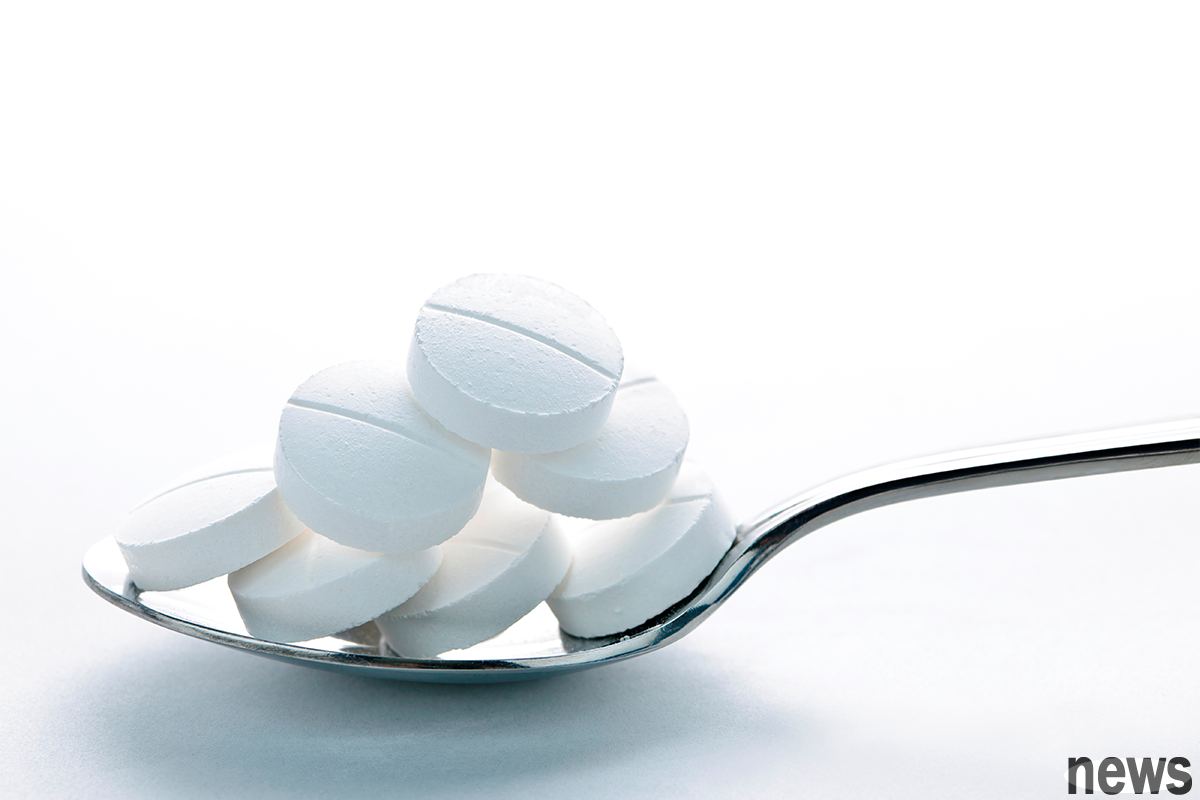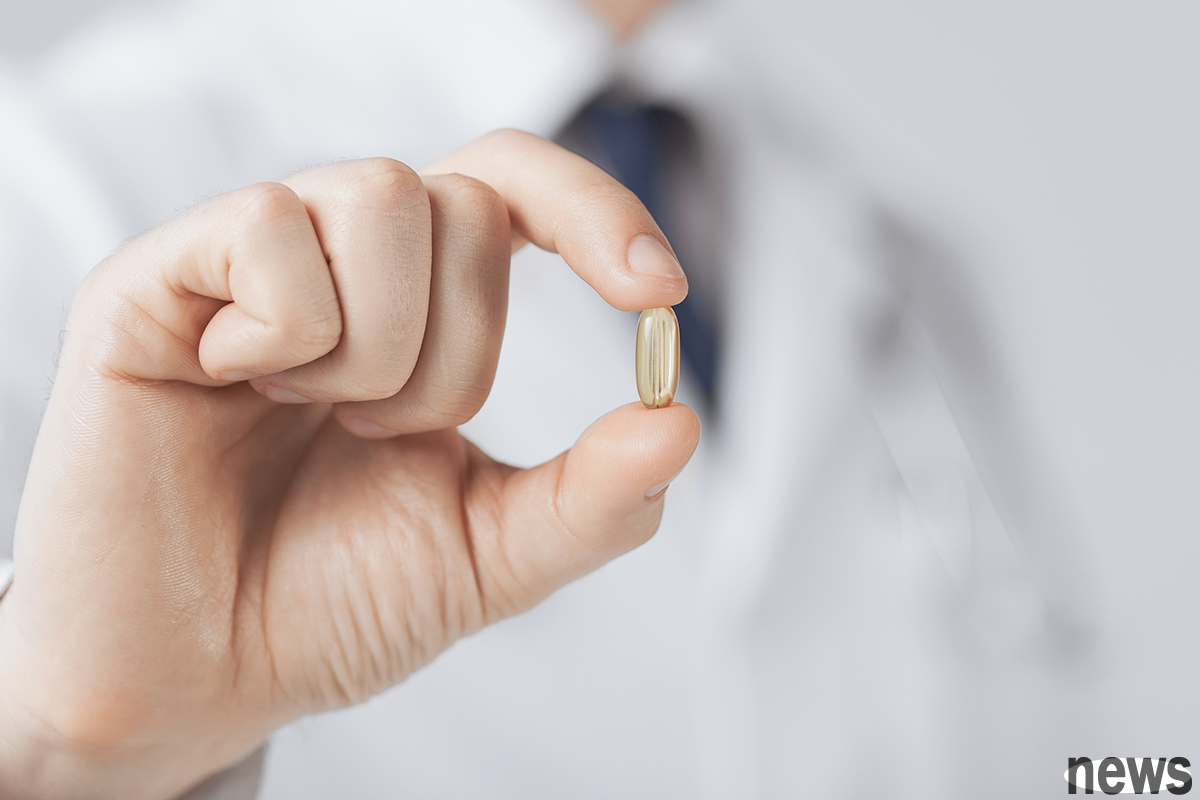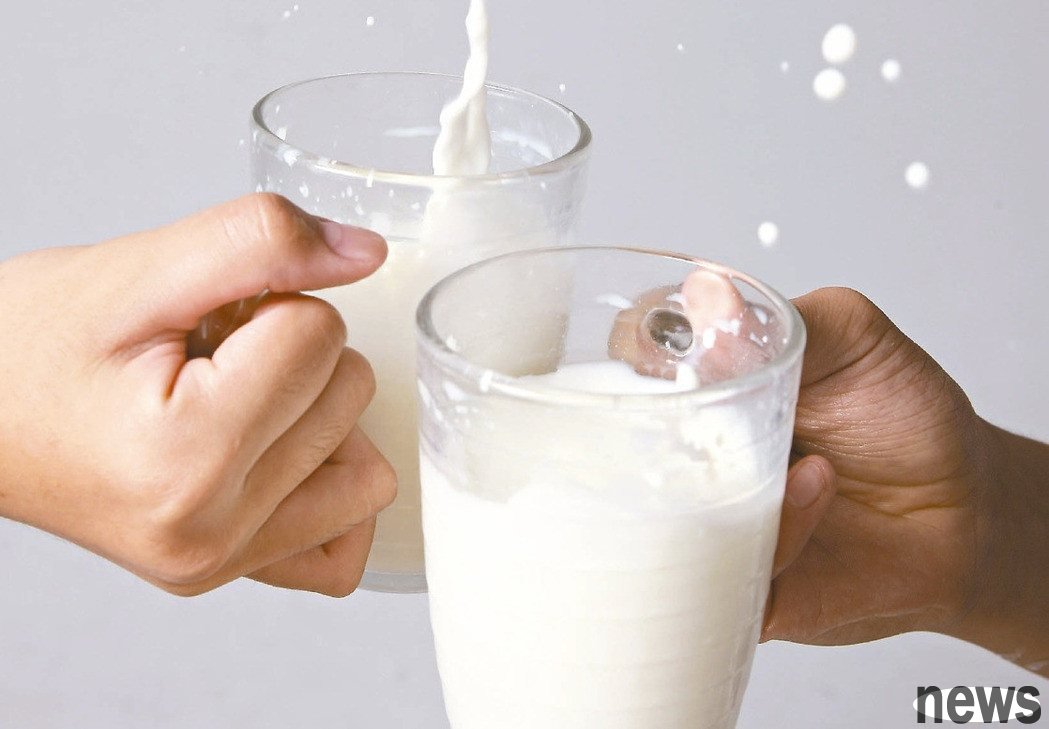 Annals of Internal Medicine, a well-known American medical journal, recently published a study that compared the intake of a series of nutrients with the mortality rates of all causes of death, cardiovascular diseases and cancer. It was found that vitamins do not have obvious benefits for ordinary healthy people, especially vitamin D. If people who did not originally lack vitamin D take more of this type of vitamin, it will also increase the risk of cancer. In addition, the study also found that injecting too much calcium supplements every day can also increase the risk of cancer.
Annals of Internal Medicine, a well-known American medical journal, recently published a study that compared the intake of a series of nutrients with the mortality rates of all causes of death, cardiovascular diseases and cancer. It was found that vitamins do not have obvious benefits for ordinary healthy people, especially vitamin D. If people who did not originally lack vitamin D take more of this type of vitamin, it will also increase the risk of cancer. In addition, the study also found that injecting too much calcium supplements every day can also increase the risk of cancer. This news was widely exaggerated and spread by the media, and even articles marked "Vitamin D and calcification tablets fell from the precepts: it was revealed that long-term use causes cancer, is it just a scheming problem?", which attracted the attention of the people who usually have the habit of eating nutrition supplements

【Calcium has always been related to cancer】
Calcium replenishment is a very popular topic. I also know that if you add too much calcium, even drinking a lot of milk, it may also increase the risk of some tumors.
For example, there was an epidemiological study of thousands of people that a total intake of more than 1,500 mg will increase the risk of advanced or fatal prostate cancer. At the same time, there were also systematic reviews of 11 team studies that showed that high intake of intake may increase the risk of prostate cancer.
Large doses of calculator also can easily increase the risk of cardiovascular disease in men. Therefore, I often don’t encourage everyone to take calciferous agents in large quantities.
【What does this study say? 】
This study uses a very classic American nutrition survey sample, including data from 27,000 American adults over the age of 20, and analyzes their diet and dietary supplements, all-cause mortality, cardiovascular system disease, cancer mortality, and the relationship between analysis. It was published in the "American Institutional Science Year" on April 9, 2019, mainly discussing the risks and benefits of supplements.
Their preliminary analysis found that people taking supplements also had lower all-cause mortality risks. However, if various educational, lifestyle and other factors are corrected, it will be found that supplements themselves do not have direct health benefits, and low mortality is still caused by higher social economic status and other healthy lifestyles.
The final commentary is that the use of supplements has no direct connection with the mortality rate of American adults. This is the main conclusion of the article, but there are new discoveries at the same time.
【It’s better to eat food! 】
Researchers found that the appropriate amount of intake vitamin K and ozone is related to a reduction in mortality by about 15% to 20%, but is limited to nutrients in food and cannot be found in supplements.
At the same time, sufficient vitamin A and vitamin K are also related to the reduction of cardiovascular disease death risk, and the same source is the nutrients in food.
I analyzed that this is mainly the effect of vegetables, because common vegetables are often especially green leaves, which are often rich in ozone and vitamin K, which is consistent with previous epidemiological research results.
In summary, everyone remember: Eating more vegetables is better than taking supplements!

【Replenishing agents are at risk! 】
It was also found in the study that the nutrients from the source of supplements are risky, mainly focusing on calcium and vitamin D.
The more calcines, the better?
The study found that when the dose of calcin from supplements reaches more than 1,000 mg per day, the risk of cancer death will increase. If the dose of calcium from the replenishing agent is less than 1000 mg, or is all calcium obtained through food, it will not increase the risk of cancer.
The reason may be that when the calcines in food are injected more often, the human tract will reduce the absorption of calcines, and the excretion of urinary calcines will also increase. The long-term use of supplements is difficult to reduce the level of calcines in the blood circulation, which in turn leads to a series of complex mechanisms.
Is there nothing to do with vitamin D good?
In this study, it was also found that if people with vitamin D above 20ng/ml and vitamin D supplements exceed 400 IU per day, the risk of death from all causes will increase. This result is also worthy of alertness.

【Don't panic】
If you look at the original text of this research, you will find that the average dietary part of the calcification is close to 1,000 mg.
In this case, if I continue to eat more than 1,000 mg of calcines, I think it is normal for the risk to increase, and this is not much related to the general population in most countries.
【How much milk did you drink? 】
Because the Americans drink more milk, even in the US dietary guidelines, it is recommended to drink 700 to 800 milliliters of milk every day, while in the Chinese dietary guidelines, there are only 300 grams of milk. The average dietary calcification for people is only about 400 mg. Even if you eat another 600 mg tablet every day, your total calcification intake is only 1,000 mg, so you really don’t have to worry about it.
And if you look at the population characteristics in this study carefully, you will also find that it is interesting that the people who often take supplements have a higher diet quality. Many very effective studies on supplements come from relatively trapped areas or areas with very poor diet quality.
So it's still the same sentence: Things are beautiful and evil, but they are disaster.

【How many calcines are needed? 】
Generally speaking, if you don’t drink milk, you can get about 300 mg of calcium a day, while the recommended intake of calcium for ordinary adults is 800 mg, so if you meet the gap, you can drink milk (500ml) or eat more green leaves, fruits, and tofu.
Some people may be intolerant of lactose, so they can drink milk and milk in small amounts and multiple times to serve, drink buttermilk, buy milk with zero lactose, and buy lactose enzymes to keep the dairy products in.
You can also consider sesame foods as snacks to increase the infusion of ginger, and use buttermilk to make salads, low-fat milk and fruit to make smoothies, etc.
【Who should eat calcium? 】
The recommended number of women in the middle and late stages of pregnancy and breastfeeding, and adults over 50 will be higher. If you don’t drink milk, there will often be a gap, so you should still take supplements at this time.
Reminder: If babies within six months are purely breastfeeded, they do not need additional supplements.
Higher absorption
If you have a gap and need to take supplements, first pay attention to the dosage. It is better to have a dose of 500 mg per dose. You can take it twice a day to achieve a higher absorption rate.
calcium selection
calcium carbonate has the highest price ratio, and the prices of products on the market are similar, but calcium carbonate is prone to side effects such as gastric constipation. In this case, you can consider buying citric acid, but the price will be more expensive and the sex ratio is not high.
3: Do you want to take vitamin D?The study introduced today found that in people without vitamin D deficiency, additional supplementation of vitamin D over 400 IU per day is related to all-cause mortality and cancer mortality increase.
However, this topic is very controversial. The results of the clinical trial of phytoscopic analysis also show that vitamin D can slightly reduce all-cause mortality and cancer mortality, and the results are still very conflicting. In short, we have to continue to evaluate.
I tend to take vitamin D supplements in winter and spring, because many people have tested and found that it is a condition of insufficient or even lack of vitamins.
Generally speaking, the daily supplement of vitamin D is above 400IU to meet human needs, and it is still very safe to have less than 2000IU.
4: Do this to strengthen bones!Whether it is calcification or vitamin D, we are looking forward to them to help strengthen bones, but there are many other ways to strengthen bones. For example, regular exercises, running, playing basketball, etc. are all very good, and even aerobics have a certain effect. Such as Taiho yoga and Pilatis also help improve body balance and prevent falls.
Don't spend all your attention on supplements, but more importantly, a healthy lifestyle overall.
Original source